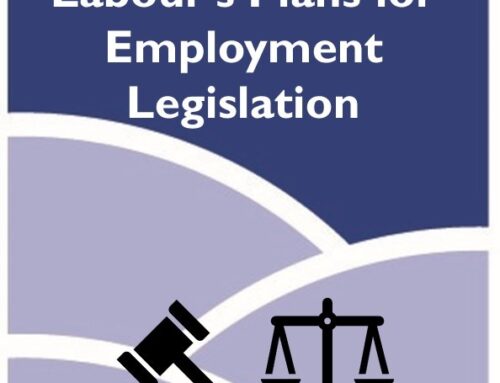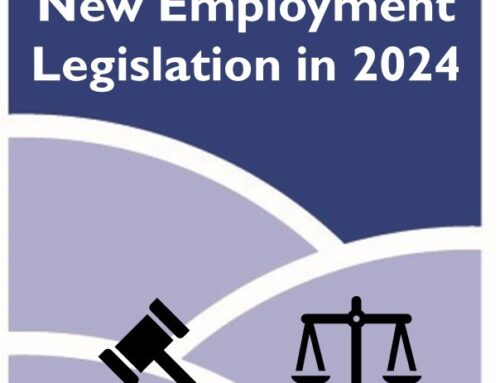COVID-19: New Travel Restrictions and Enforced Quarantine
Yesterday (26th July), the government imposed new quarantine regulations for all UK travellers returning from mainland Spain and Spanish Islands (e.g. Canaries and Balearics) which means they MUST self isolate for 14 days upon their return. Travellers already in Spain can stay for the full duration of their holiday / visit. However, all but essential travel to mainland Spain is being advised against.
This swift action from The Government has thrown the holiday plans of many into disarray and created yet more challenges for employers and employees alike. So, firstly, what are the rules?
What are the quarantine rules?
On their return, travellers from affected countries – including UK nationals – are asked to provide an address where they will self-isolate for 14 days (they can be fined £100 for failing to provide these details) and one in five affected passengers will be called or texted to check they are following the rules.
Passengers should drive in their own car to their destination, where possible. If they don’t provide an address, the government will arrange accommodation at the traveller’s expense. Once at their destination, they must not use public transport or taxis during the quarantine period. They must not go to work, school, or public areas, or have visitors except for essential support. Plus, they should not go out to buy food, or other essentials if they can rely on others.
What are the options for employers?
The sudden implementation of the new rules mean that employers will once again be asked to be flexible with employees returning from holiday. The following options can be considered:
- Working from home – if your business can accommodate home working and your employee can work effectively from home they can do so during the 14 day quarantine period and be paid normally.
- Holiday – if they have sufficient holiday entitlement available they can take the time of as annual leave.
- Unpaid leave – an employer could allow the time off as unpaid leave.
- Furlough – if the employee was furloughed under the original scheme (which ended on 30th June, where a 3 week qualifying period was required) the employee could be put on furlough for the quarantine period
How about those with holidays booked?
Some employees may have booked Spanish holidays that are now in question, raising a number of issues:
- Employees may cancel their holiday to Spain and want to also cancel their time off from work (Employers do not have to agree to the cancellation of pre-booked leave).
- Employees may want to continue with their plans but need to quarantine on their return.
- Employees may choose to travel but not be able to return from their holiday destination due to local restrictions.
This is an ever-changing situation and this latest move demonstrates how quickly things can change. It is quite possible that similar measures may be imposed for other destinations so it is a good idea for employers to consider how they will deal with these scenarios. While there may be some sympathy for employees who are caught out by the new rules, employers also have to consider business continuity and whether it is reasonable for an employee to insist on taking a holiday in a high risk area subject to quarantine.
These situations will continue to challenge employers over the coming months so we will continue to update you and are here to help with any specific questions you may have.




